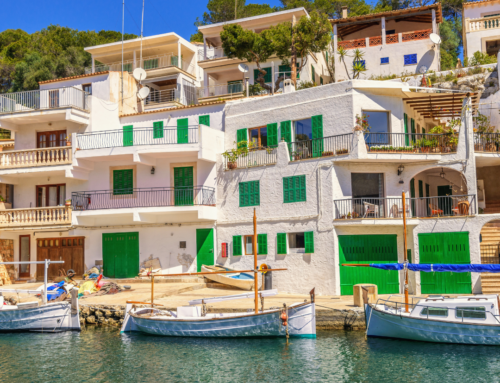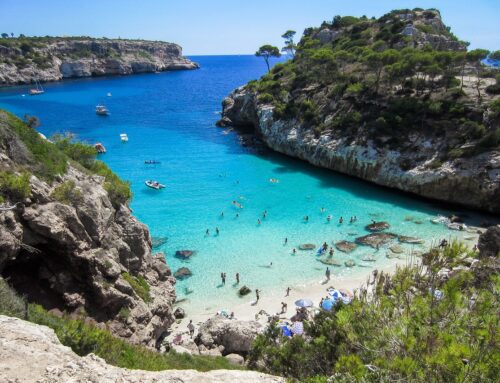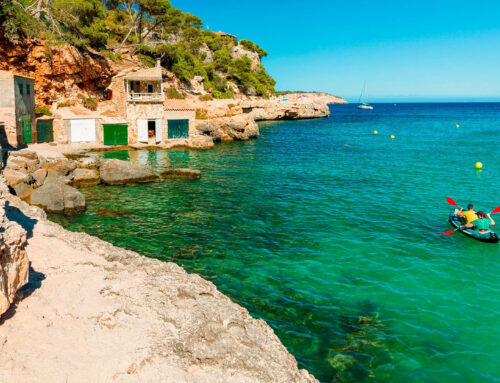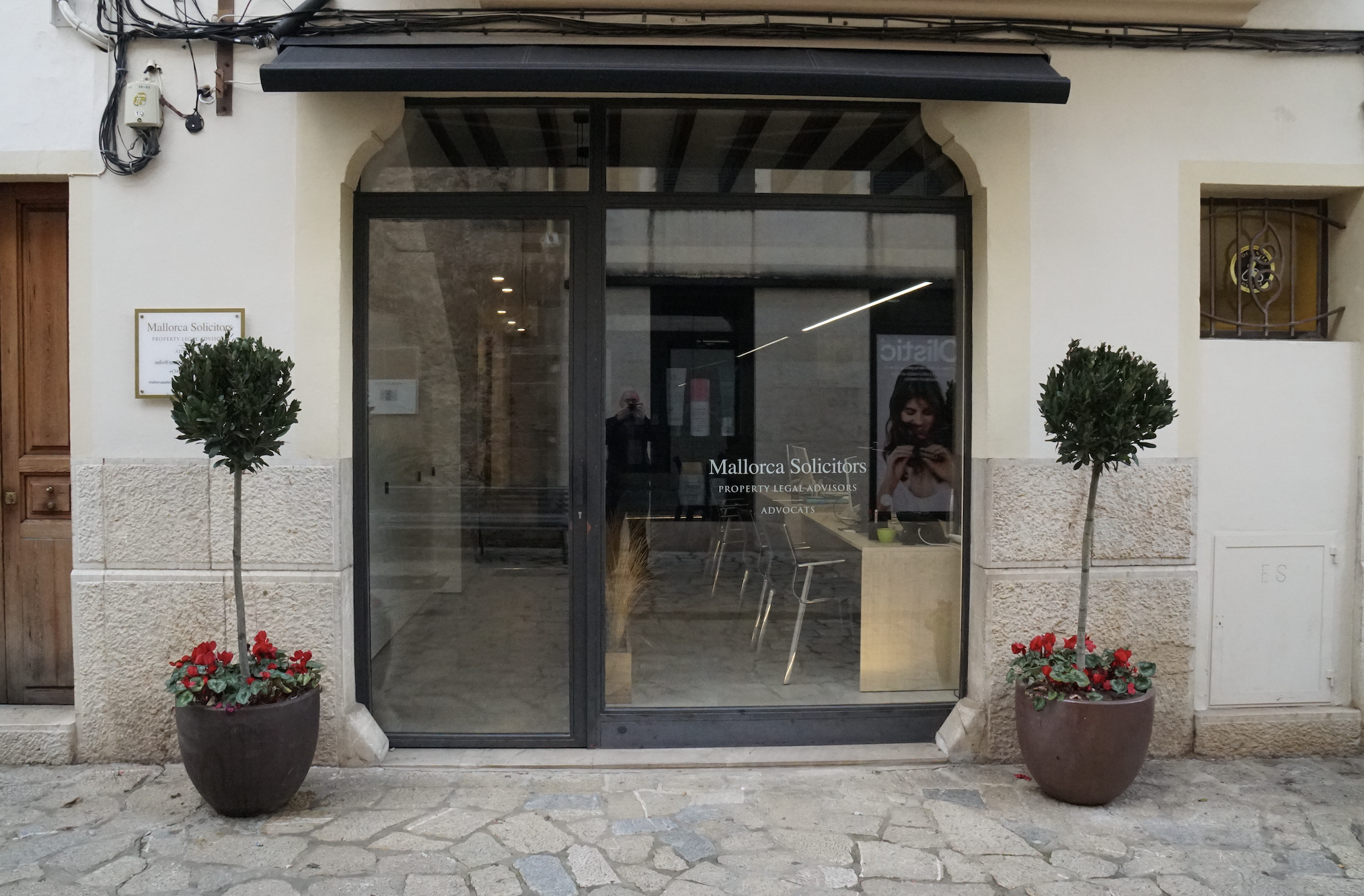
Can I purchase a property without a mortgage?
Can you buy a home without a mortgage?
In Spain the most common practice is to obtain a mortgage loan when you need financing for the purchase of a property. However, in other countries such as France this purchase can also be made with a personal loan. «It is true that in Spain it may seem unthinkable to buy a house with a personal loan. Firstly because the interest rates are higher and they do not grant sums as high as those needed to buy a home,» says Ahorro!’s mortgage director, Simone Colombelli.
In Spain more than 75% of the population owns a house. 30% of homeowners are still paying their mortgage loan. Across the border in France, these figures are very similar; 65% of the population owns a home and 35% still pay monthly instalments – with or without a mortgage, according to the latest data from Eurostat. Mikel Landa Ruiz de Arcaute, CBP’s Sales and Marketing Director explains; “In France, when it comes to buying a house, there are two options: the typical mortgage loan and on the other side, surety insurance. A product that is not present in the Spanish market but in France accounted for 60% of the outstanding loans in France in 2016. The latest figures for this year put them at around 70%.”
What are surety bonds?
Surety bonds (or surety insurance) replaces the mortgage guarantee – the house, for a bond, or insurance. This means that if the homeowner can’t make the payment, instead of foreclosing the mortgage, the bank will foreclose the bond.
In this case, in a situation of non-payment to the bank,the bank itself is the insurance company that would claim the debt from the client. The insurance company assumes the default instead of the bank.
Are there benefits to taking a surety bond?
Savings. This is the main advantage of surety insurance for French customers. «In France, all the costs of formalising the mortgage are paid by the buyer, so if you don’t have to take out a mortgage, you save all these expenses.Instead, the client takes out the surety insurance which has a lower cost. In addition to the emotional value of your home not being mortgaged», says Mikel Landa. The risk for financial institutions is reduced. This insurance shields the loan they grant to the citizen and guarantees that they will collect 100% of the debt. In addition, money will be saved in the future when it comes to claims of non-payment. “This product would have been very interesting during the economic crisis as the banks would not have assumed all the defaults and the citizens would have had more options to pay their debt since the debt with the insurance is economic, and not the house itself”, says Simone Colombelli.
Mikel Landa stresses that insurance companies work with stricter criteria than financial institutions when assessing the financial solvency of customers. “With this option, the customer’s ability to pay is more controlled than with the mortgage guarantee. In addition, this insurance would shorten the mortgage contract terms since it would not have to be notarized. This insurance has never existed in Spain, although it is an alternative that is being considered by the main financial institutions, and some tests have already been launched, such as that of Bankoa.
Could surety insurance be used in Spain?
In Spain there is a strong mortgage culture. It is the most common way to access the funds to purchase a property. «Surety bonds could be a very interesting option for some cases. However, with the changes in mortgage costs made by the Government in 2018 and those of the Real Estate Credit Law of 2019, this product is not so interesting for Spanish citizens», points out the director of Mortgages of iAhorro!. With these changes in the distribution of costs, surety insurance is no longer a competitive option in Spain. «At this time we are considering, in the case of Spain, that the bank should take over the insurance from the client. This way, the bank grants the client a consumer loan for the purchase of the home and thus the bank does not have to assume the costs of the mortgage. Instead it is the bank that contracts the guarantee insurance and shields itself against the possible non-payment of the client. With this the bank can also offer this alternative to the client», points out Mikel Landa.
How has the distribution of costs in Spain changed?
When buying a house, citizens have to face two types of expenses: those derived from the purchase and sale of the house as well as the costs of the formalization of the mortgage loan. Within the purchase and sale of the house, it is necessary to differentiate between new and second hand homes. In the case of a second property, the expenses that the users have to pay are: the notary’s office, the registry, the administration, Patrimonial Transmissions Tax and Capital Gains Tax. In the case of new housing, the expenses that the buyer must assume are: the notary’s office, the registry, the administration, Capital Gains Tax and VAT. These expenses have not been modified in the Mortgage Law of 2019 and customers continue to pay them to this day.
In the case of second-hand homes, these costs usually amount to 7% of the value of the home. This amount depends on the Patrimonial Transmissions Tax (ITP) and the Capital Gains Tax (IAJD) since according to the Autonomous Community it can be between 6% and 10% of the value of the house. For new homes, the cost rises to approximately 12% of the value of the house. In new constructions there is no transfer tax, but there is VAT, which is 10%, and Capital Gains Tax, which is between 0.5% and 1.5%, depending on the Autonomous Community.
To date these expenses remain the same. What has changed in the Mortgage Act are the expenses related to the formalization of the mortgage loan. Before, the client paid: the notary’s office, the registry, the administration, IAJD and appraisal. Now, he only pays for the appraisal and the notary’s copies. This is a reduction of around 90% in costs for the client.
hould you require any assistance or legal counsel concerning properties, purchases and sales on the islands of Mallorca, Menorca and Ibiza, please contact us at your convenience at info@mallorcasolicitors.co.uk or by phone on the numbers listed on our contact page.













